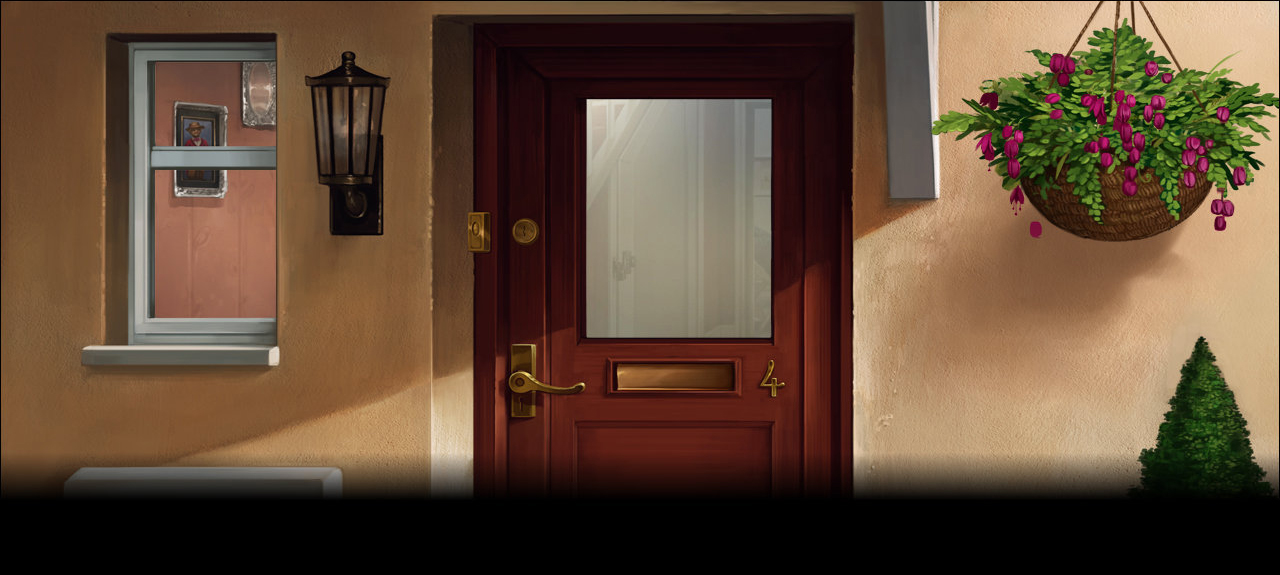
Two introductions are made in Chapter 5 of Harry Potter and the Prisoner of Azkaban, mostly in relation to each other: the dementor and Professor Lupin. At this point, we're not sure of the alignment of either, though we're told that dementors are (mostly) under control and there for the students' protection; and Professor Lupin is trustworthy enough to be employed by Dumbledore and also very handy after Harry's first encounter with the former.
Jenna writes, "In all the speculative fiction I've ever read, I cannot think of a more troubling invention than the dementor," and I'm with her there. I'm also with her when she says that the horror of demenotors draw from the fact that they are a real thing in this world: a beast called depression, which is far more common and far more conspicuous than demenotors in the fictional one. But there is another thing that troubles me about the dementors, and for that explanation, I'll quote Masha: "But the dementors fail in one essential and deeply troubling sense. The ‘dementor’s kiss’ steals the soul of the victim." If this is truly the case--and we've yet to finish the book and series, so more remains to be seen--then that is an extremely terrifying being, and an extremely depressing universe for it to exist in. And one, I think, that is flawed.
We more or less agreed, over in Masha's combox, that
. . . what horrifies [. . .] about the dementors [is] that we exist in a world where one's soul cannot merely cease to be like that. Rowling's fatal mistake--if we want to carry the depression metaphor to its fullest--is in emotionalizing the soul. The soul is more than feeling, it's got an intellectual element to it (I think Aristotle and Plato touch on this?) So a soul can be thrust into the pit of despair, but the ultimate sin [in the Judeo-Christian philosophy] is an intellectual denial of God's goodness.
I'm sure we'll discuss this more as the dementors make their reappearance later in the book. I'll just add to Jenna's comment on chocolate being an odd, tiny remedy for the chill of the dementors. I like that it is something that is so often made to be the enemy of modern women and their figures. I think it's an important affirmation that simple, ordinary things aren't just okay for us but good for us--that life is about taste and enjoying a bit of luxury in the un-lofty, and that that healthful reverence a healthy person makes.
If no one has anything else to add, we'll leave them at the gates to the Hogwarts grounds and move forward, to Chapter 6, and the third major character introduction of Professor Trelawney. She's a brilliant character, and a lovely parody; smoky and glittering and mysterious, everything a fortune teller-psychic-palmist ought to be, according to popular conception. I do appreciate Rowling's fond use of tropes and reader expectations. (Giving her the name Sibyll? I know Masha's not impressed by the easy-come puns, but I enjoy them!) I'm also very much appreciative of Rowling's perceptive depiction of the faults and follies of divination.
Completely aside from any assertion as to its accuracy, Trelawney's showcasing in the Gryffindor's first session is an effective argument against the practice and/or use of divination; the children, excepting Hermione, are nervous wrecks afterward. Whether or not they really do know the future or only think they do, an important invisible thing has been shoved aside to make room for her revelations: hope. It's determinism with the face of mysticism. And really, even if it weren't an imprecise art, like Professor McGonagall says; or, also as she says, there are some who really possess it in it full capacity; why would anyone want to use it, let alone learn it as part of their course syllabi? Jenna might tease me for thinking much too far into it for a children's book, but I have to be honest with my first time impressions, right? c;
The minor character Sir Cadogan was such a nice treat for me--Rowling's clearly familiar with the Arthurian, chivalric tradition, from the Welsh-originating name to the fat knight's dated speech.
I'm happy for Hagrid's appointment as a teacher but not sure he can handle his own against snotty little brats like Malfoy; he's too much of a gentle giant. Although, if he has anything going for him in the role, it's that he's hopelessly and sweetly oblivious to his own beautiful character and outstanding strengths. If he could just gain a little bit of self confidence, enough to ignore the Slytherins' teasing, he'd easily shut them up and put them in their place by the mere existence of his excellence.
I love Hagrid. (Who doesn't?)


























